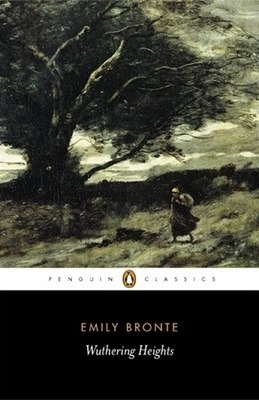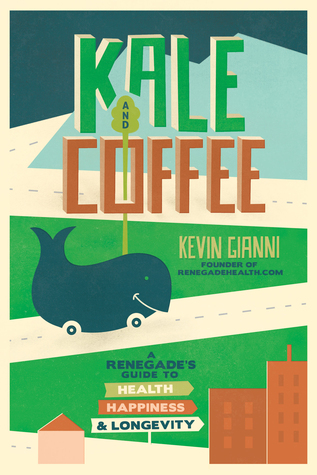
2015 Reading Challenge, Week 35 - A trilogy.
I've fallen back on a well loved family trilogy of ours, which I've read aloud to the kids many times. It's always a pleasure to dig into again. There are actually four, but I've reviewed the first three for this challenge. I think it's one of the best kids' series I've come across, introducing both moral and mathematic concepts in a fun way which is integral to the storylines.
Book 1 - Hazel Green
This is one of my favourite trilogies for kids by far. While they are kept entertained by the unpredictable goings-on, there's a great dose of healthy, adult-style humour to keep parents turning pages too.
There are two plot threads converging together in this first book.
For the first time in several years, children want to march in a special, huge parade celebrating the birth of a local legend. They are anxious to build the biggest, most impressive float to convince Mr Winkel, the antagonistic organiser, that they deserve their spot. It's a massive, built-to-scale replica of the Moodey Building, where they all live and the famous celebrity was born.
During their hard work, somebody walks past, glances at the plans and predicts that the tower will surely topple during the parade. It's Yakov Plonsk, the strange, new foreign boy who keeps himself aloof from the other kids, as they tease him and call him the Yak. Only Hazel Green has a niggling feeling that they shouldn't dismiss the Yak's predictions, as she knows he has a brilliant mathematical mind. But if she demands to know what he means, will she even understand his explanation, let alone have a chance of convincing the other kids that they need to avert a potential catastrophe?
Hazel has also been accused by her favourite baker, Mr Volio, of betraying him by leaking information about a new, delicious cake, to the rival bakery. It seems only the Yak will be able to help her prove her innocence and catch the real traitor. But she has to tread carefully with him and give him a good reason to believe that she genuinely wants to be his friend. He has had plenty of reasons to be sceptical in the past. The range of wonderful cakes and pastries Mr Volio makes always made us hungry enough to want to stock up on danishes and eclairs while reading the story.
This really set us up to want to get hold of the other books to find our what the impulsive Hazel and reflective Yakov have to solve next.
Book 2 - Something's Fishy, Hazel Green
In many ways, this is my family's favourite of the four Hazel Green novels. The tightly-woven plot is a perfect vehicle for the mixture of hilarity and sensitivity.
Hazel enjoys watching Mr Petrusca, the cheerful fishmonger, fatten up two enormous lobsters for a prized customer, Mr Trimbel. When a thief nicks off with the lobsters and leaves a note in code on their tank, poor Mr Petrusca is more devastated than anybody would expect. It sends him into a tailspin of such deep despair, his indignant friend Hazel is determined to track down the robber.
The first matter is cracking the code, and the only person who could possibly help is her bashful but freakishly clever friend Yakov, aka the Yak. Finding out how the strange and funny aspects of the storyline slot together is great fun. Not one scene in this book turns out to be wasted. The reason why Mr Petrusca initially chooses to do nothing about the letter is understandable and thought-provoking. The method Hazel and the Yak use to catch the thief had us in fits of laughter. That person's identity turns out to be as huge a surprise to readers as it was to the two children.
Once again, Hazel's determination to not accept the status quo but stand up for what she knows is right brings closure and relief. You just have to admire this girl's stubborn persistence.
Book 3 - Have Courage, Hazel Green
The theme of racial discrimination is handled with great sensitivity by author Odo Hirsch, although not necessarily as sensitively by Hazel herself! When she hears respected citizen Mr Davis shouting, 'I hate your type of people' at bashful, gentle caretaker, Mr Ezozian, she's deeply disturbed. Although she doesn't understand why Davis would feel so hostile towards an inoffensive man, she's determined to make the bully feel ashamed of himself. Her ways of going about it are as original and heavy-handed as you might expect from Hazel at this stage, and she drags in her friend, the reticent but equally passionate Yak, to help prove her point.
Characterisation, always excellent in these novels, is ramped up another notch in this book, really showing up the strengths and weaknesses of the main characters. I feel we get glimpses of the type of adults both Hazel and Yakov will become, and their conversations, always sparkling, are even more special. Total opposites on the surface, they share the similarity of being brilliant in their separate ways.
The delicious descriptions of food in Hazel Green novels are as tantalising as usual, this time through delicatessan owners, Mr and Mrs Frengel, who are planning to throw a huge goodwill feast for all residents of the Moodey Building. That's where part of the trouble lies.
5 stars














